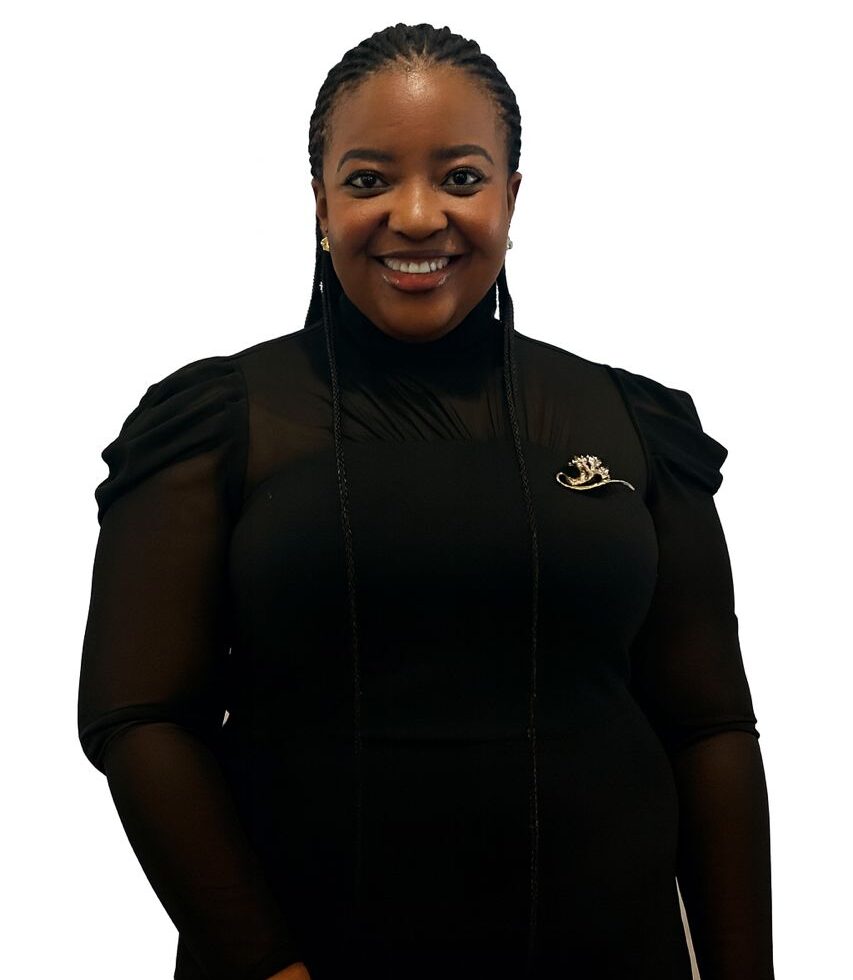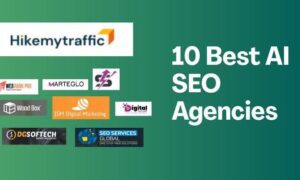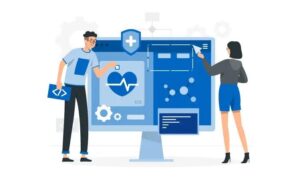As artificial intelligence becomes a central pillar of modern human resources systems, Ms. Chinenye Gbemi Okatta is emerging as one of the few African researchers tackling the challenges of algorithmic discrimination with both technical insight and cultural fluency. In her co-authored academic paper, “Advancing Algorithmic Fairness in HR Decision-Making: A Review of DE&I-Focused Machine Learning Models for Bias Detection and Intervention,” Ms. Okatta presents a groundbreaking framework that infuses machine learning models with Diversity, Equity, and Inclusion (DE&I) principles at every stage of development and deployment.
The paper explores one of the most urgent ethical questions in AI today: How can organizations deploy machine learning in hiring, performance evaluation, and promotions without replicating historical patterns of exclusion? The answer, according to Ms. Okatta and her co-authors, lies in the intentional design of fairness-aware algorithms that are both scalable and accountable.
In Nigeria, where youth unemployment exceeds 40% and digital HR platforms are rapidly replacing traditional recruitment methods, Ms. Okatta’s work arrives at a critical moment. Many Nigerian startups and SMEs are investing in automation to improve efficiency, but cannot audit or understand how algorithms may be reinforcing systemic bias. In this context, her framework offers a ready-to-implement model for mitigating harm and enabling equitable access to job opportunities.
The study identifies three core technical strategies: pre-processing (modifying data to reduce embedded bias), in-processing (embedding fairness constraints into the algorithm during training), and post-processing (adjusting outputs to reduce disparate impact). For Nigeria’s growing tech ecosystem, this tiered approach provides a roadmap for balancing innovation with social justice.
Ms. Okatta emphasizes that fairness is not a luxury for large firms, but a structural requirement for achieving inclusive growth. Her model speaks directly to Nigeria’s evolving labor market, where fairness-aware AI could redefine how access to employment and advancement is distributed, especially among marginalized groups such as women, rural job seekers, and persons with disabilities.
In the United Kingdom, where the regulatory landscape around artificial intelligence is shifting rapidly, Ms. Okatta’s research intersects with a rising demand for responsible automation. As the UK government and institutions move toward a “pro-innovation” regulatory framework, employers are being encouraged to demonstrate not only efficiency but also fairness and transparency in algorithmic systems.
Her study contributes directly to this agenda by providing practical templates that UK-based HR departments can adapt to meet expected compliance standards. In particular, the framework’s emphasis on transparency tools, such as human-in-the-loop decision auditing and explainable AI, aligns closely with the UK’s emerging data ethics initiatives, such as those championed by the Centre for Data Ethics and Innovation (CDEI).

Moreover, the UK’s focus on algorithmic accountability in public sector hiring makes Ms. Okatta’s work especially valuable. With public institutions increasingly using automated systems for recruitment and internal evaluations, the need for inclusive algorithms that reflect the UK’s multicultural and gender-diverse population is urgent. Her approach offers a bridge between high-level regulatory goals and real-world technical solutions.
In the United States, where high-profile lawsuits over algorithmic discrimination in hiring have gained national attention, Ms. Okatta’s research serves as both a compliance tool and a strategic differentiator. Her work aligns with the Equal Employment Opportunity Commission (EEOC)’s recent guidance on the use of AI in employment decisions, which urges companies to ensure their systems are not producing discriminatory outcomes.
Ms. Okatta’s framework provides U.S.-based HR tech companies with a concrete methodology for building compliance into their products, before regulation catches up. It also speaks to a broader strategic shift in American workplaces, where corporate DE&I goals are being tied to measurable AI outcomes. Her emphasis on demographic parity, equal opportunity, and stakeholder transparency positions her framework as a practical resource for HR leaders aiming to align technology with social impact.
Her work resonates particularly with smaller U.S. firms, including nonprofits and mid-sized enterprises that may lack access to dedicated AI ethics teams. By recommending modular interventions that can run on lean datasets, Ms. Okatta empowers these organizations to adopt fairness as a core principle of their HR systems.
What distinguishes Ms. Okatta’s work from other technical reviews is its multidisciplinary perspective. Drawing on behavioral science, HR analytics, and socio-technical systems theory, she positions algorithmic fairness not just as a computational goal, but as an organizational and cultural commitment.
She critiques “accuracy-only” approaches in AI development, warning that a blind focus on efficiency can lead to systems that entrench, rather than reduce, inequality. Instead, the framework calls for continuous auditing, ethical governance, and participatory design, ensuring that the voices of impacted communities are considered in every phase of the AI lifecycle.
Her research also argues for intersectional fairness, recognizing that bias often affects individuals through multiple overlapping identities, such as race, gender, and disability. This attention to nuance deepens the relevance of her work for complex, multicultural labor markets in all three countries.
Ms. Okatta’s DE&I-centered framework transcends borders. It offers a universal set of principles, transparency, accountability, inclusion, while being flexible enough to adapt to regional regulatory environments and workforce realities.
In Nigeria, it provides a roadmap for ethical digital transformation in HR. In the UK, it offers implementation strategies that align with ethical AI regulation. In the US, it functions as a blueprint for balancing innovation with anti-discrimination mandates.
Importantly, the framework recognizes that small organizations, whether they are local tech startups in Lagos, mid-sized firms in Manchester, or nonprofits in Minneapolis, must not be left behind in the quest for ethical AI. By promoting scalable, fairness-aware interventions, Ms. Okatta’s research democratizes access to responsible technology.
Her work offers a path to building AI systems that are as fair as they are functional, as inclusive as they are intelligent.
In an age when trust in algorithms is faltering and regulation is rising, her framework represents a timely and necessary contribution to global conversations on the future of work. For HR professionals, AI developers, regulators, and social impact leaders alike, Ms. Okatta’s research is more than a reference point; it is a call to action.


































